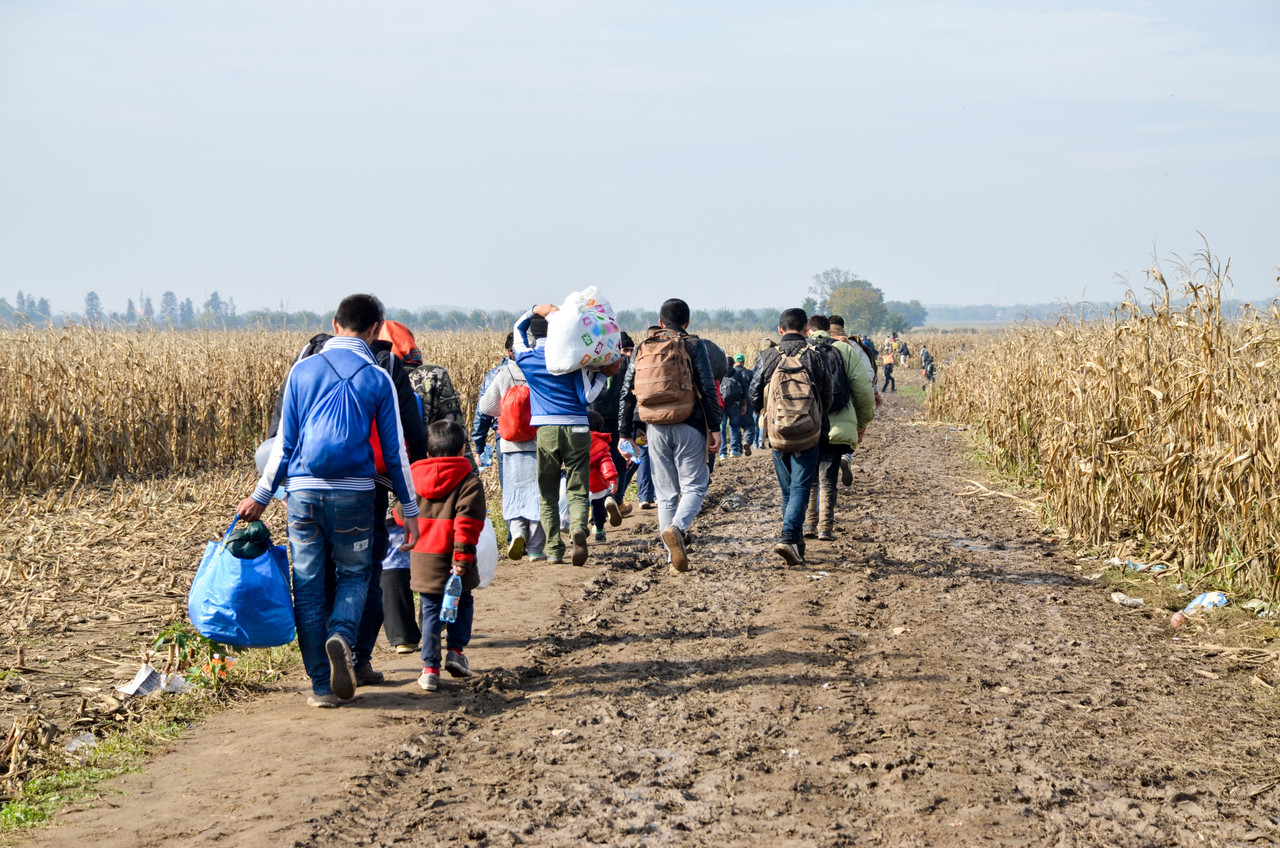The EUAA is operating from its Malta headquarters, picking up from the now defunct European Asylum Support Office (EASO), which operated since 2011 for over 10 years.
The reason for this new agency is given in an internal news broadcast from the European Commission. It it is “clear that the migrant crisis was not temporary, and that no European region would be spared, the Commission proposed to beef up the mandate of the EASO,” the broadcast reads.
More than 2,000 Frontex standing corps were deployed at EU’s external border and beyond in 2021 with over 17,000 people removed from within member states’ borders with the support of the European border agency.
2021 also saw the first time Frontex deployed standing corps officers outside of EU borders. In another first, the from the member states they were deployed to.
One of the primary aims of EUAA is to provide operational and technical support to Member States. This support comes in various shapes and forms, like training, exchange of information, and providing experts (case handlers, interpretation etc.). Developing operational standards, guidelines and best practice for the implementation of Union law on asylum is another of its aims.
Monitoring the application of EU asylum law to ensure consistent practice throughout Europe, in line with EU law, ranks equally high on its list of priorities.
The EUAA will benefit from a €172m budget this year. Its 2,000 personnel will launch eight operations in a number of Member States (Belgium, Cyprus, Greece, Italy, Latvia, Lithuania, Malta and Spain), and its reserve of 500 experts will support national asylum systems facing a high caseload.
The changing approach to asylum and migrants
The border agency Frontex, according to its press release is also playing an active role in what the commission has labelled, “hybrid warfare,” on its eastern border with Belarus.
12 December 2021 the commission put forward a proposal for the council on how to deal with the humanitarian crisis that is currently ongoing.
Within the document titled, “provisional emergency measures for Latvia, Lithuania and Poland,” the commission have described migrants seeking asylum as having “been instrumentalised by Belarus for political purposes”, which it goes on to say is “part of a broader concerted effort to destablise the EU and underminine society and key institutions,” and that these actions represent a real threat and present danger to the union’s security.”
7,831 migrants, predominately from Afghanistan, Syria and Iraq entered Latvia, Lithuania and Poland in 2021. 42,741 people have been refused entry by the three member states. A total of €596m has been granted to the EU countries to deal with the crisis.
The proposal will not be voted on, as a state of emergency bypasses any need for a vote. It will instead be debated. The commission intends to propose a permanent framework for addressing potential future “situations of instrumentalization”.
The European council on refugees and exile (ECRE) has reacted with indignation and shock to the measures proposed, stating it is full of contradictions, “the proposed Council decision would allow Member States to derogate from certain provisions of EU asylum law,” while “Member States are clamouring for the ‘legalisation of pushbacks’ which was behind the Council request that led to this proposal (and which may still be coming in the Schengen amendment).”
The human reality
There is also concern around the change in legislation for detention and ‘reception centres’, where in “duly justified cases and under certain conditions,” member states are able to circumnavigate their obligations set out in the Reception Conditions Directive – enabling “the possibility to set different material reception conditions.”
“It remains the case that Member States have been allowed to commit violations at the borders with impunity and have introduced legislation which is in clear conflict with EU law, and which is allowed to stand,” ECRE outlines in its statement reacting to the Commission’s proposals.
ECRE were also scathing in the European Commission’s description and labelling of migrants as having been instrumentalised , saying there was too much room for interpretation and, “the reality is that states ‘instrumentalise’ people all the time – historically, traditionally, currently. It is one of the reasons we have human rights law in the first place – to balance the rights of people and the interests of states.”
In an interview with Delano, Frauke Ossig, an MSF emergency coordinator for Poland and Lithuania--following the humanitarian group’s withdrawal from Poland due to a lack of access--confirmed that there is a 3km deep exclusion zone in Poland, about 20km wide. Ossig adds that people stuck in the forest are too scared to be caught by border patrols, for fear of being beaten or pushed back into the repressive regime of Belarus, where there have been many accounts of torture.
One man in particular, stuck in the forest, had a dislocated shoulder and refused to present himself to border authorities for medical care.
Further, there was confirmation that EU residents living in Polish villages on the border are under de-facto military rule. Many residents have gone into the forest to provide for the migrants, even when heavily encouraged not to by armed men.
At least 21 people are known to have died due to the freezing and extreme conditions within the EU’s eastern territory.
In a press release announcement on 24 January the European Council announced that they had approved conclusions on the EU’s priorities in UN human rights fora in 2022, reaffirming their commitment to “protect and fulfil human rights,” and that “the EU will address recently emerging risks, including hybrid threats.” The EU ends it’s media statement by saying it will continue monitoring the human rights situation globally and denounce human rights violations and abuses wherever they occur…
